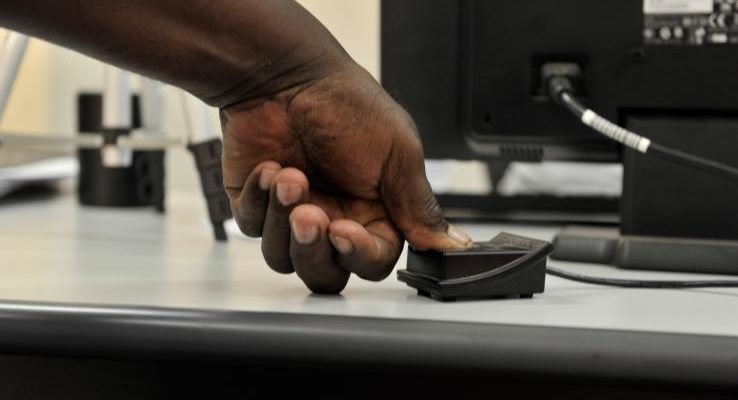By Engr. Gbolahan M.A. Alabi-Isama MS |Founder/CEO at Supercomafrica
The winds of change are gusting with unprecedented force, reshaping economies, societies, and even our very identities. In this dynamic environment, the nations that thrive will be those that don’t just react, but proactively adapt, legislate, and innovate. Recent developments across Africa, with a notable spotlight on Morocco, paint a vivid picture of this essential recalibration.
RELATED: Africa’s digital dawn breaks bright at GITEX Africa: A continent forging its future
Consider, for instance, the foundational efforts in Morocco to stabilize its economy. In response to surging consumer prices, the Kingdom isn’t merely wringing its hands; it’s intensifying market surveillance, with over 15,000 commercial violations recorded annually and a significant portion of offenders facing courts. This decisive action to enforce fair competition and curb price abuse, as Economy and Finance Minister Nadia Fettah highlighted, is a testament to a government deploying “all legal tools available to protect consumers and stabilize the market.” It’s a crucial, if traditional, form of reform aimed at maintaining public trust and economic equilibrium – a stable base from which to leap into further transformations.
Now, beyond the everyday hustle and bustle of the market, a quiet revolution is brewing across the continent… from the immediate concern of prices to the bigger picture of digital transformation in Africa. – Engr. Gbolahan Alabi-Isama
This narrative of adaptation then takes a decidedly digital turn. As Dr. Joseph Atick of ID4 Africa powerfully articulated in Addis Ababa, “Digital transformation is no longer a choice; it’s an urgent necessity.” His assertion that “meaningful digital transformation cannot happen without digital identity” underscores a continental awakening. Africa, he urges, must draw strength from within, defining its future and engaging partners not as passive recipients but as sovereign stakeholders. This is a call for a fundamental reform in how development and identity are approached in the 21st century.

From The Price of Pepper in Our Local Market to The Possibilities of Online Work, The Underlying Need Is for Clear Rules and Fair Practices…
And Morocco, once again, offers a compelling case study in this digital push. Fitch Solutions’ praise for the Kingdom’s 2030 digital strategy highlights a nation positioning itself as a regional tech hub. The ambitious plans for 5G and fiber optic deployment, backed by significant investment and innovative infrastructure-sharing models, are clear indicators of a forward-looking agenda. This strategy directly shapes the country’s technological advancement and economic diversification, although Fitch notes that execution risks and structural hurdles remain part of the journey.
But the digital wave brings more than just infrastructure; it reshapes societal norms and the very nature of work. Consequently, we see Morocco moving to establish a legal framework for digital influencers. Minister Mohamed Mehdi Bensaïd’s push to address “anarchic content” and introduce legal accountability, taxation, and expanded oversight reflects a government grappling with the new realities of online engagement. This is a necessary reform to ensure the digital public ecosystem fosters value, not division.

Now, beyond the everyday hustle and bustle of the market, a quiet revolution is brewing across the continent… from the immediate concern of prices to the bigger picture of digital transformation in Africa
Similarly, the announcement by Labor Minister Younes Sekkouri that remote work will soon be formally regulated addresses another profound shift. The pandemic normalized remote work, but, as union leaders point out, it often left workers in a legal grey area. This impending reform aims to adapt Morocco’s two-decade-old labor code to protect digital labor rights, ensuring that the benefits of flexible work don’t come at the expense of worker security – a development that directly impacts the daily lives of a growing segment of the workforce.
In conclusion, the journey towards a digitally empowered and economically stable future is not passive. It requires decisive action, foresight, and a commitment to continuous adaptation. What we are witnessing, from supermarket aisles to social media feeds, from continental identity initiatives to national labor laws, is a concerted effort to build resilience and foster progress. The initiatives unfolding, particularly in Morocco, demonstrate a clear understanding that robust legal and regulatory frameworks are not impediments to progress, but essential enablers of it. As the digital tide continues to rise, such proactive governance will be the hallmark of resilient and thriving nations.






























